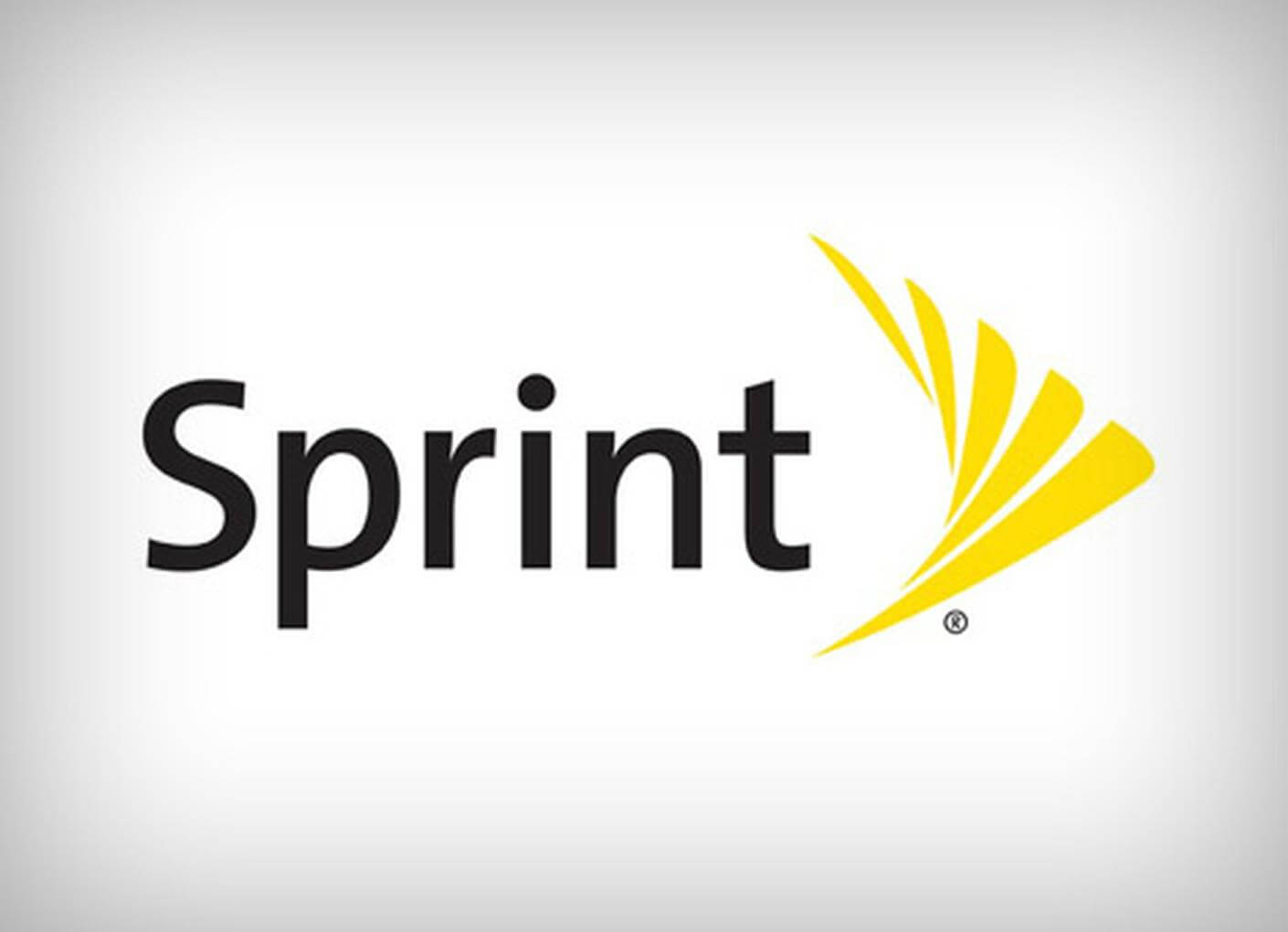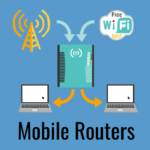A year ago Sprint introduced "The Fairness Algorithm" that would slow speeds down for customers who were amongst the top 5% of data users on the Sprint network - but only when connected to congested towers.
This was in sharp contrast to AT&T's throttling policy at the time that slowed down unlimited data users who used more than 5GB of data a month, regardless of tower congestion.
AT&T's plan has run afoul of of both the FCC (with a $100 million fine announced this week!) and the FTC, but the sort of congestion-based throttling used by T-Mobile and Sprint has so far avoided any sort of scrutiny.
In fact - AT&T last month backed down and switched to throttling users only on congested towers too.
But with the new network neutrality rules now going into effect, Sprint isn't taking any chances of upsetting the FCC - and this week decided to cease throttling entirely.
As Sprint explained to Ars Technica:
"For less than a year, Sprint used a network management practice that applied only at the level of individual congested cell sites, and only for as long as congestion existed. At such sites, we temporarily allocated resources away from the top 5 percent of heaviest users and to the 95 percent of users with normal usage, to try to allocate the effects of congestion more fairly. Once congestion at the site passed, the limitation automatically ended. Upon review, and to ensure that our practices are consistent with the FCC’s net neutrality rules, we determined that the network management technique was not needed to ensure a quality experience for the majority of customers."
Table of Contents
Sprint’s New Congestion Management Policy
Sprint will no longer be singling out the top 5% users, and instead on congested towers will treat all customers equally. This is how the new policy is described:
"When congestion does occur, meaning that the demand on a particular sector temporarily exceeds the ability of that sector to meet the demand, Sprint relies on the radio scheduling software provided by Sprint’s hardware vendors to allocate resources to users... The goal of congestion management is to ensure that all users during times of congestion have access to a fair share of the network resources and that no user is starved of resources."
This is a great change - especially for heavy data users like many RVers.
Sprint isn't taking the brakes off entirely however - they are still detecting and "optimizing" streaming video:
"Video optimization is always deployed and active on the Sprint network for all identifiable video traffic. Although the purpose of the optimization techniques is to improve overall video viewing experience, it is possible that some users may experience minor discernible reductions in image quality when viewing video traffic on certain devices."
Sprint issued a statement to Ars Technica indicating that it may someday offer plans that limit streaming video entirely:
"Sprint may offer—and some customers may choose—plans that include limits on streaming video as part of the rate plan. This will be prominently disclosed as a material term of the plan."
Unthrottled and Unlimited, But For How Long?
Now that Sprint has eliminated throttling - Sprint's unlimited data plans are more appealing.
But they may not be around forever.
In an interview this week, Sprint CEO Marcelo Claure had this to say:
"There will be a time when it might not be economically viable to offer unlimited. But for now, we're OK. For the next few months unlimited continues. We might increase the prices toward the latter part of the year and then we might eliminate it in the future."
Is Throttling Dead?
 Verizon has never throttled users on LTE, but AT&T and T-Mobile both still have policies in place to throttle certain "unlimited" users on congested towers.
Verizon has never throttled users on LTE, but AT&T and T-Mobile both still have policies in place to throttle certain "unlimited" users on congested towers.
With Sprint backing away from the practice of congestion based throttling - this (plus fear of the FCC) may put more pressure on AT&T and T-Mobile to change how they do it as well.
We would love to see cellular networks treat all customers equally, regardless of how much data they used the previous month. It will be interesting to see what changes emerge.








 Mobile Internet Resource Center (dba Two Steps Beyond LLC) is founded by Chris & Cherie of
Mobile Internet Resource Center (dba Two Steps Beyond LLC) is founded by Chris & Cherie of